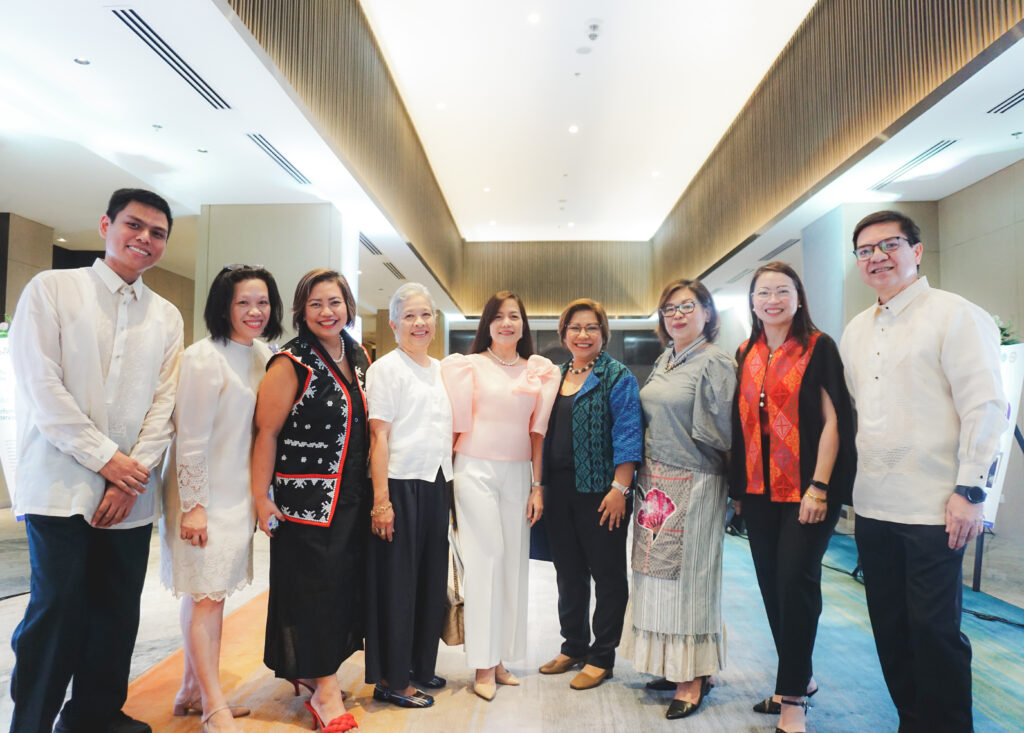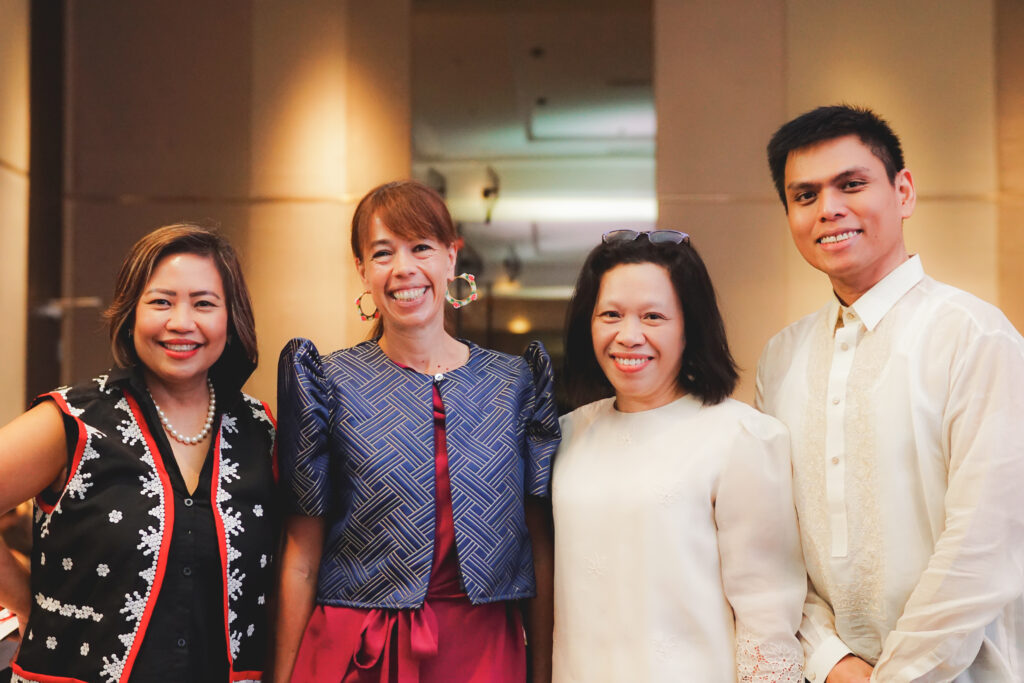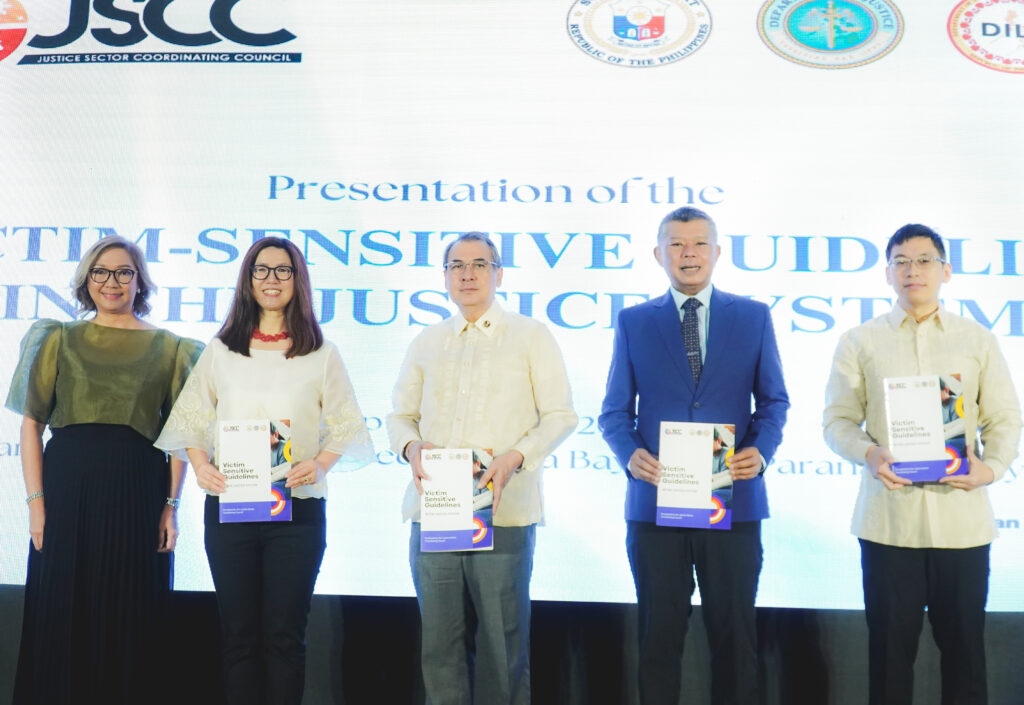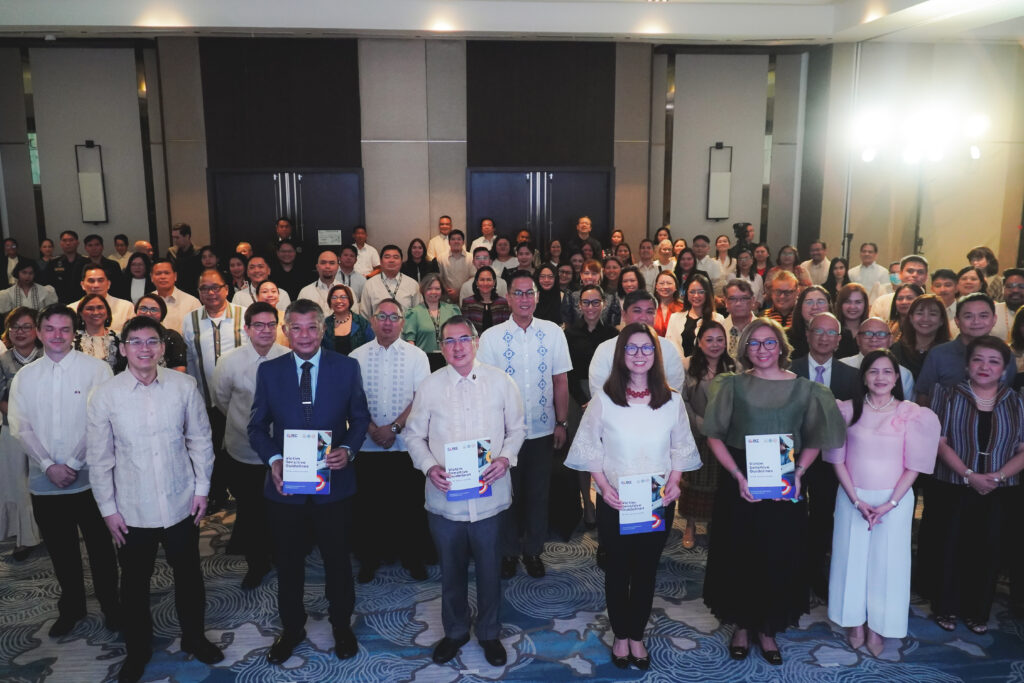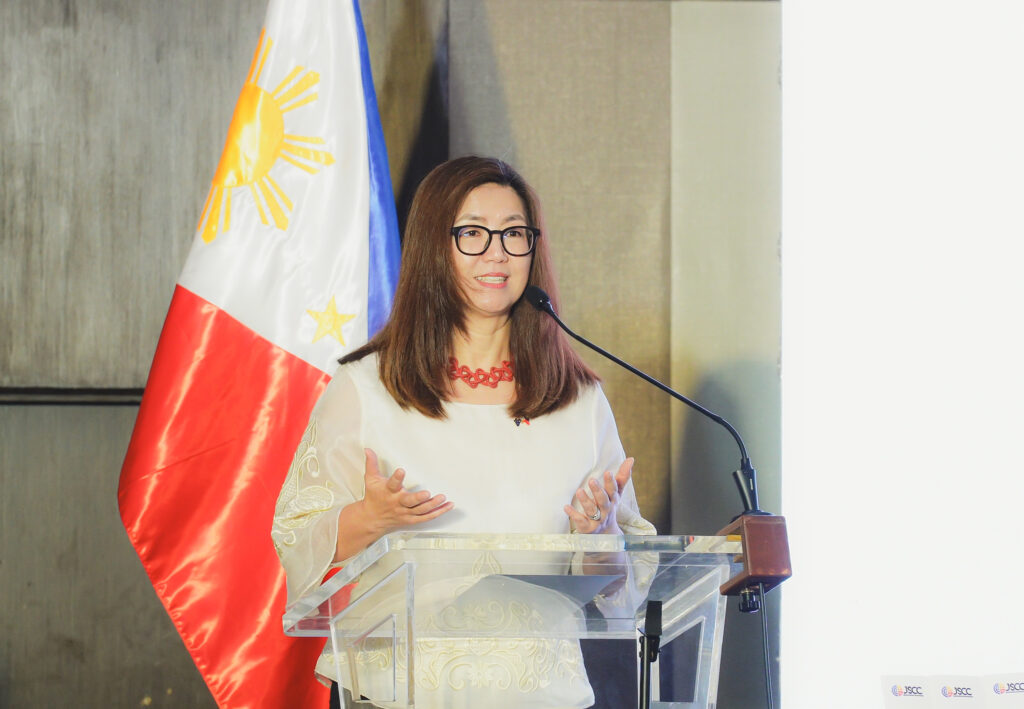Trigger warning: the following account by a survivor details abuse and trauma.
Survivors play a critical role in informing policies to improve responses to trafficking in persons and other violent crimes.
These words are based on a true account of a survivor’s experience of justice in the Philippines:
“When the subpoena was served during the closed door, they had me face the prosecutor then the perpetrator was so close to me. It was so public. So for me, there was no sense of safety. Then I also became confused, because my perpetrator was apologizing to me.
During the case hearing, there was only one entrance and exit at the court. So when I [went] out, my perpetrator will follow me outside and talk to me. Also with the witness stand, I was not able to speak because I was facing the perpetrator. My attorney was also asking me, “Can you point who your perpetrator is?”. It was too much.
I still consider myself lucky because the processing of my case is relatively faster. But the others share that their processes took 5 years and even 10 years. Their hearings were always postponed, or the judge was absent. Victims are retraumatized again and again.”
Manila, Philippines - To better protect and support victims of violent crime in the Philippines, a new multi-sectoral guideline was presented to the Chief Justice of the Supreme Court, the Secretary of Justice, and the Secretary of the Interior and Local Government on 24 September 2024 at a high-level event attended by the Australian Ambassador to the Philippines HK Yu and over 200 justice sector stakeholders.
The new ‘Victim Sensitive Guidelines in the Justice System’, led by the Justice Sector Coordinating Council (JSCC), and spearheaded by the Supreme Court to the Philippines, was supported by ASEAN-ACT.
In his key message, Chief Justice of the Supreme Court Alexander G. Gesmundo highlighted the importance of a systems-wide approach, “I acknowledge that this initiative will require nothing less than a paradigm shift, and it will take all our agencies working together to make it happen. These Guidelines represent a body of work that the JSCC and the Supreme Court, in particular, are pursuing to make our criminal justice system more responsive, more accessible, and more accountable.”
Chief Justice Gesmundo acknowledged that justice systems that are insensitive “if not blind” to the particular circumstances of victims of violent crimes significantly increase the risk of causing harm and revictimisation.
“This in turn, results in worse outcomes such as when victims shy away from the legal system altogether, or when their trauma is further deepened and their chance for healing is compromised,” he said.
To inform the development of the guidelines, input and recommendations from a wide range of government and non-government stakeholders were garnered. Significantly, marginalised groups, including persons with disabilities and survivors of trafficking, shared experiences of seeking justice in the Philippines and provided suggestions for improving the process going forward.
One key insight shared by a frontline worker was the out-of-pocket expenses victims incur for transport, food and other necessities throughout court proceedings. The inadequate financial and institutional support negatively impacted the participation of the victim-survivor, who is often the only witness in court, in pursuing a case.
Empowering victims to play an active role in bringing their perpetrators to justice requires justice systems to be more inclusive, accessible and sensitive – for example, if a victim is able to present their testimony via video – the likelihood of a victim choosing to participate in a trial is significantly increased.
The Guidelines include 8 indicators of the scope of services and support that should be provided to victims throughout the justice process. For example, the first indicator on the safety and privacy of victims, introduces measures to safeguard the wellbeing of victims and their families through interventions such as closed-door investigations and trials, and ensuring personal details including their identity are not published.
The Guidelines also include indicators with a focus on special provisions for child victims, and victims with disabilities.
Associate Justice of the Supreme Court Hon. Maria Singh said, “The Guidelines will serve as a blueprint for all our justice sector stakeholders, including the members of the judiciary, prosecutors, public attorneys, law enforcers, social workers, and medical professionals, among others.”
The Supreme Court of the Philippines has committed to the issuance of the Guidelines in its 2022-2027 Strategic Plan for Judicial Innovation, as part of a broader reform agenda to make courts and justice services more accessible and accountable.
“It is high time we make our citizens feel that the wheel of justice moves swiftly, and it moves for everyone, equally,” Chief Justice Gesmundo said.
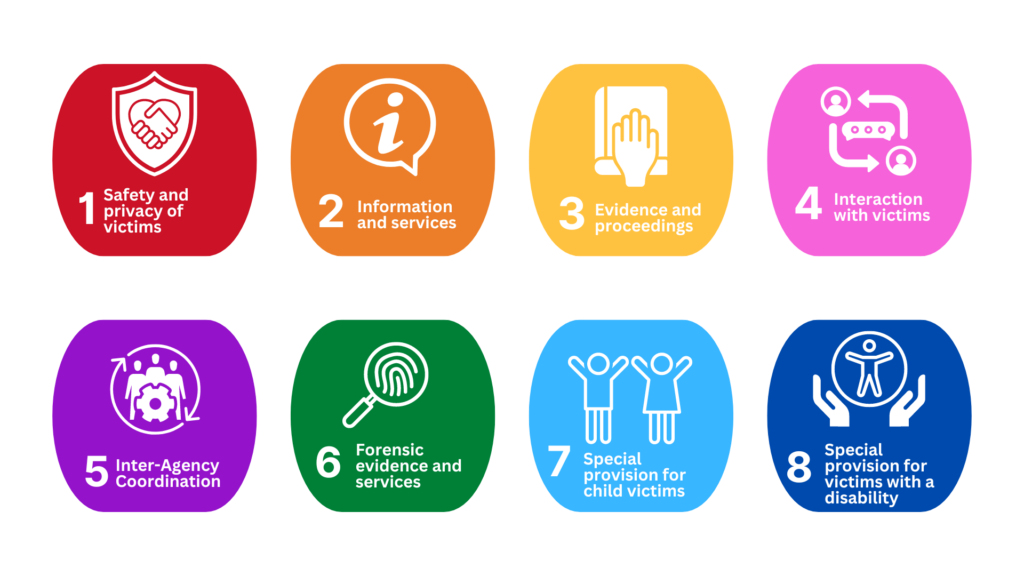
Watch this animation to learn more about the indicators outlined in the guideline:
